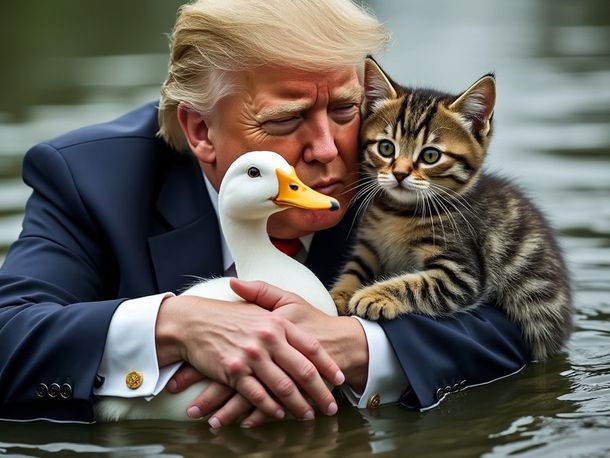Who Can Use Your Face? Deepfakes in the World of Intellectual Property

Deepfakes are no longer the stuff of sci-fi—they’re here, they’re real, and they’re causing chaos. These AI-generated videos, images, or audio clips look incredibly convincing but are completely fake. They can turn anyone into a puppet, saying or doing things they never actually did.
Deepfakes, Copyright, and Why the Law Needs a Serious Makeover
On July 31, 2024, the U.S. Copyright Office released a report on deepfakes, tackling the question: What can the law do about them? After months of listening to stakeholders—from authors to academics to industry pros—the verdict is in: not much.
The Rise of Deepfakes: Friend or Foe?
Let’s give credit where it’s due—AI technology can do some amazing things. It’s helping create accessibility tools, spicing up creative projects, and even letting people license their own voices or images. But deepfakes? They’ve earned their bad rap for good reason.
Here’s the grim reality:
- 98% of deepfake videos are explicit, and most target women.
- Scammers use deepfakes to trick people into bad financial decisions or buying fake celebrity-endorsed products.
- Perhaps most disturbingly, deepfakes can weaponize disinformation, threatening politics, news reporting, and even our sense of reality.
It’s not just celebrities or politicians who are vulnerable. Deepfake technology is widely available, meaning anyone could become a target.
The Legal Problem: We’re Not Ready
You’d think we’d have laws ready to tackle these issues, but the report makes it clear: we don’t. Let’s break it down:
- Copyright Law:
Copyright protects creative works, not personal identities. So, if someone makes a deepfake of your face or voice, copyright law doesn’t apply unless it copies a copyrighted work you’re in. - The Lanham Act:
This law targets misleading branding and consumer confusion. But deepfakes created for personal harm or non-commercial use? Out of its scope. - State Laws:
Some states have privacy laws or rights of publicity that could help. But these laws are patchy, with different rules in different states, and they often only protect certain people, like public figures.
In short, the current legal toolkit is like bringing a spoon to a sword fight.
A Ray of Hope: The NO FAKES Act
The Copyright Office didn’t hold back: we need new federal laws, and we need them now. Enter the NO FAKES Act—a bipartisan bill with a name that’s as bold as its mission.
Here’s what it aims to do:
- Give people control over their voice and image: If someone makes a deepfake of you without your consent, they’re legally liable.
- Hold platforms accountable: Websites hosting unauthorized deepfakes would have to take them down—or face consequences.
- Create a national standard: One set of rules across the U.S., replacing the patchwork of state laws.
While Congress debates the NO FAKES Act, some states are already taking action, particularly against deepfakes used in explicit content. Prosecutors are also cracking down on websites enabling harmful deepfakes, with lawsuits targeting operators of these platforms.
Why This Matters
Deepfakes aren’t just a tech problem—they’re a societal one. They can harm individuals, businesses, and even democracy itself. Whether you’re an artist, a professional, or just someone who values their privacy, these developments could have a big impact.
The fight isn’t over, but the push for stronger laws like the NO FAKES Act is a step in the right direction. It’s a reminder that as technology evolves, the law must evolve too.
Concerned about the impact of deepfakes on your intellectual property or personal rights? Contact our office today for expert legal guidance and protection.
Source: Malhotra, Paven, et al. „Report on Deepfakes: What the Copyright Office Found and What Comes Next in AI Regulation". Reuters, 18. prosinec 2024. www.reuters.com, https://www.reuters.com/legal/legalindustry/report-deepfakes-what-copyright-office-found-what-comes-next-ai-regulation-2024-12-18/.
Photo: Shared by the House Judiciary GOP, unspecified image generation software, Public domain, via Wikimedia Commons https://commons.wikimedia.org/wiki/File:AI-generated_Donald_Trump_with_cat_and_duck.jpg